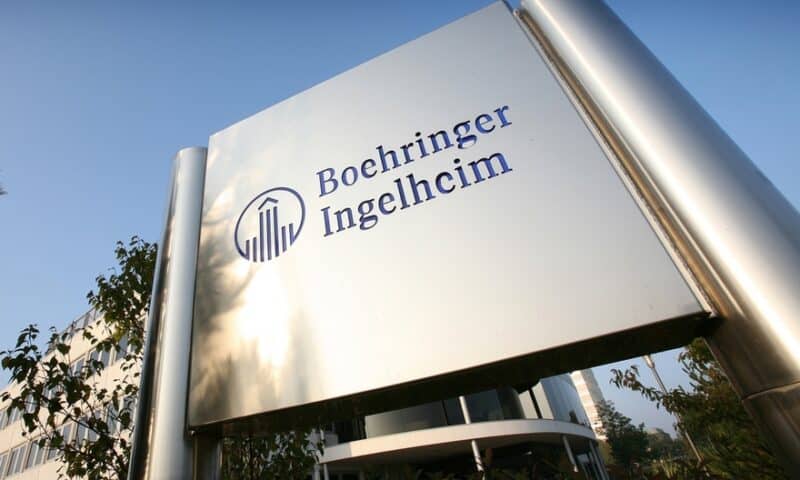Boehringer Ingelheim’s schizophrenia hopeful hit the mark in a phase 2 study, helping patients overcome cognitive impairment that can affect everyday tasks, such as remembering important dates or solving problems.
The treatment, BI 425809, inhibits a protein called glycine transporter type 1, or Gly-T1. As its name suggests, the protein transports the neurotransmitter glycine. The company pitted the drug against placebo as an add-on treatment in more than 500 adult patients with schizophrenia. The patients received daily doses of 2 mg to 25 mg of the drug on top of antipsychotics over 12 weeks.
The study found that the drug boosted cognitive function as measured by the composite Measurement and Treatment Research to Improve Cognition in Schizophrenia (MATRICS) Consensus Cognitive Battery (MCCB). This test gauges several facets of cognition, including processing speed, attention, working memory, verbal and visual learning, problem solving, social cognition.
In addition to hitting the study’s primary endpoint, the drug turned up no safety concerns, “with no differences in psychiatric adverse events or suicidality” between patients who received the treatment and those who received placebo, Boehringer said in a statement.
“Cognitive impairment causes significant challenges for people in their everyday functioning. Patients with schizophrenia struggle with remembering things like birthdays, learning new tasks, concentrating, or making decisions that affect their everyday life,” said W. Wolfgang Fleischhacker, M.D., a professor at Medical University Innsbruck, in the statement. “Advancing our understanding of how we might improve these symptoms in schizophrenia is significant for the research community and the patients and families living with this condition.”
Boehringer is also testing the drug alongside computerized cognitive training to see if this type of brain training can boost the effects of drugs like BI 425809 on cognitive function in patients with schizophrenia. But the findings could be important for Boehringer’s work in other central nervous system disorders.
“This is a positive advancement in our mechanistic knowledge of how excitatory neurotransmissions affect aspects of mental illness, aligning with our systematic neurobiological approach to CNS research,” adds Vikas Mohan Sharma, M.D., head of medicine CNS, retinopathies and emerging areas at Boehringer Ingelheim, in the statement. “We recognize this is important news for people affected by schizophrenia. We are making progress in developing treatments which will not only reveal important advances in our understanding of schizophrenia but also potentially other neuropsychiatric diseases.”

